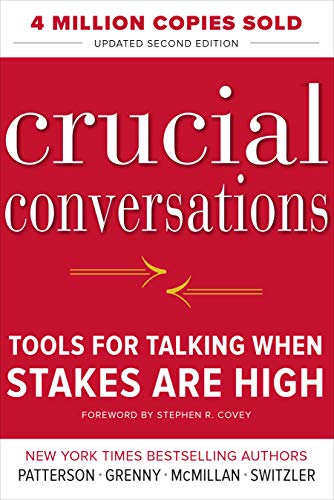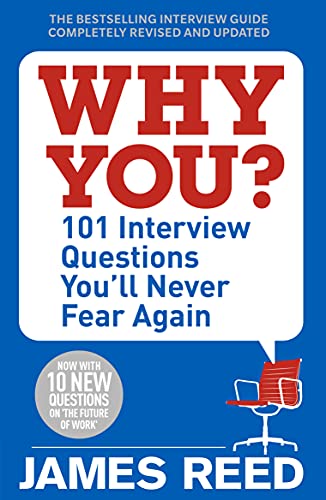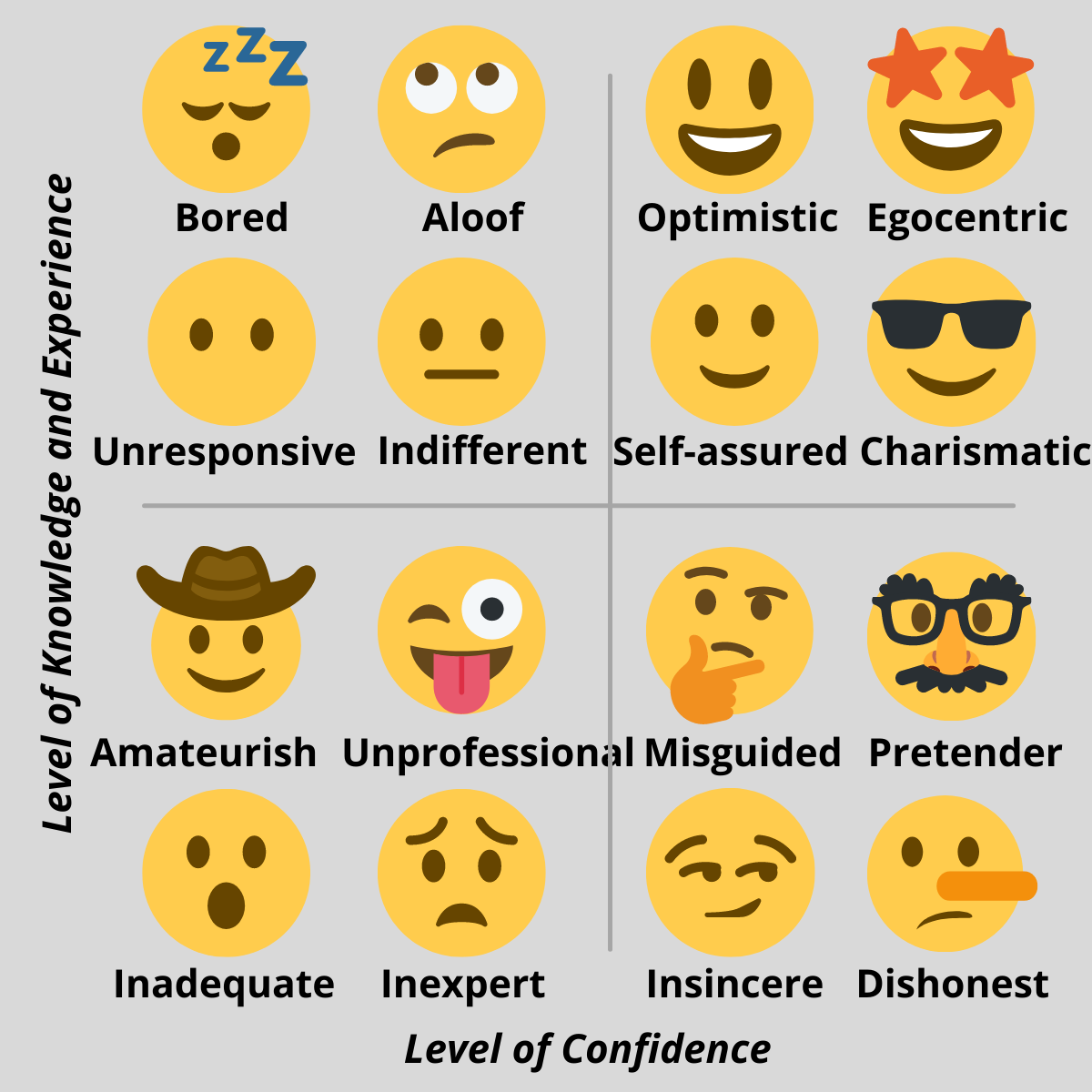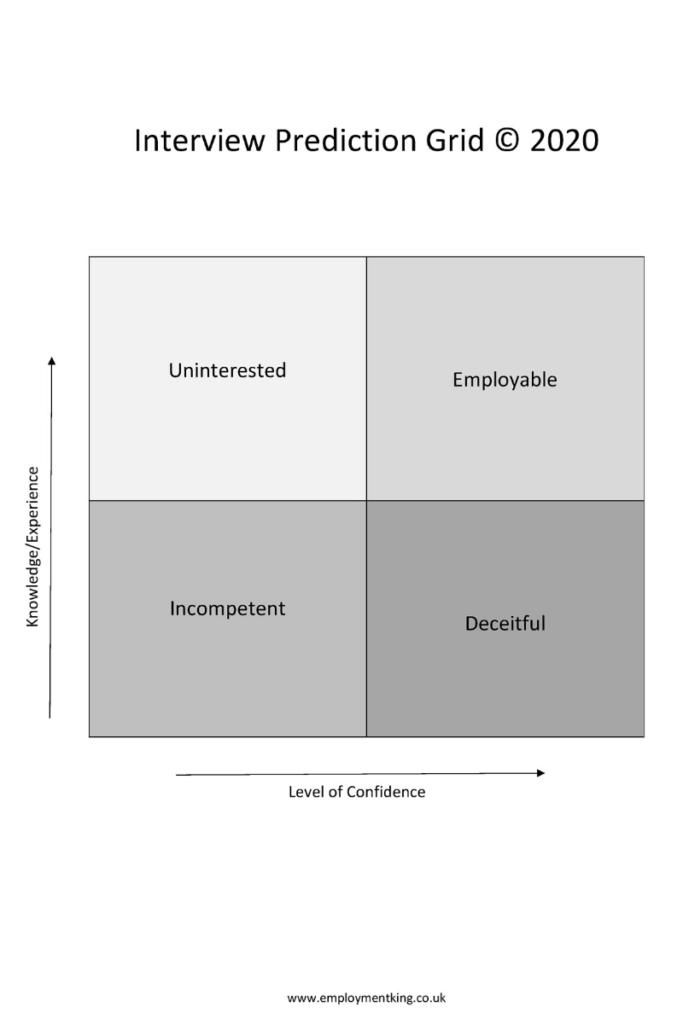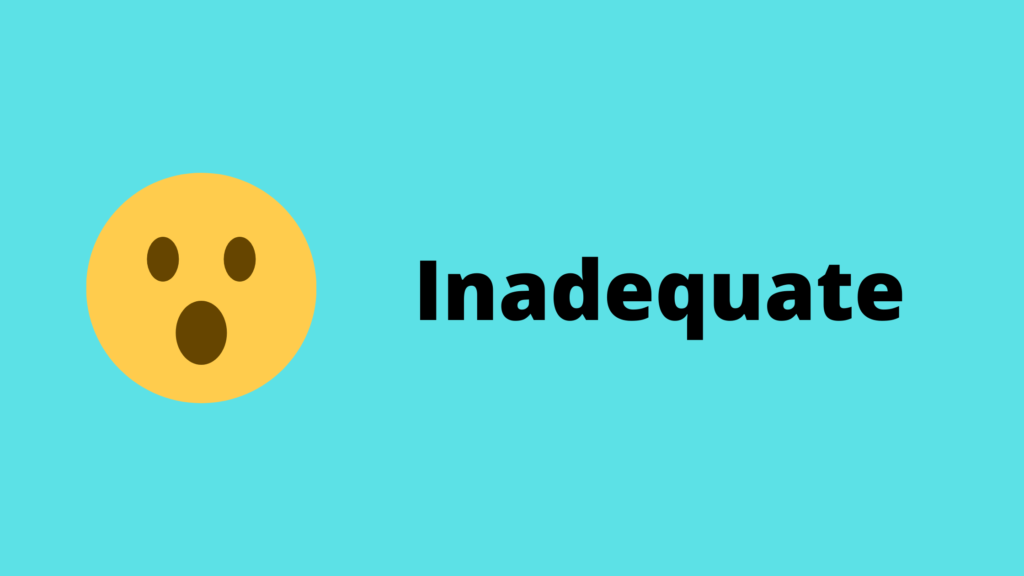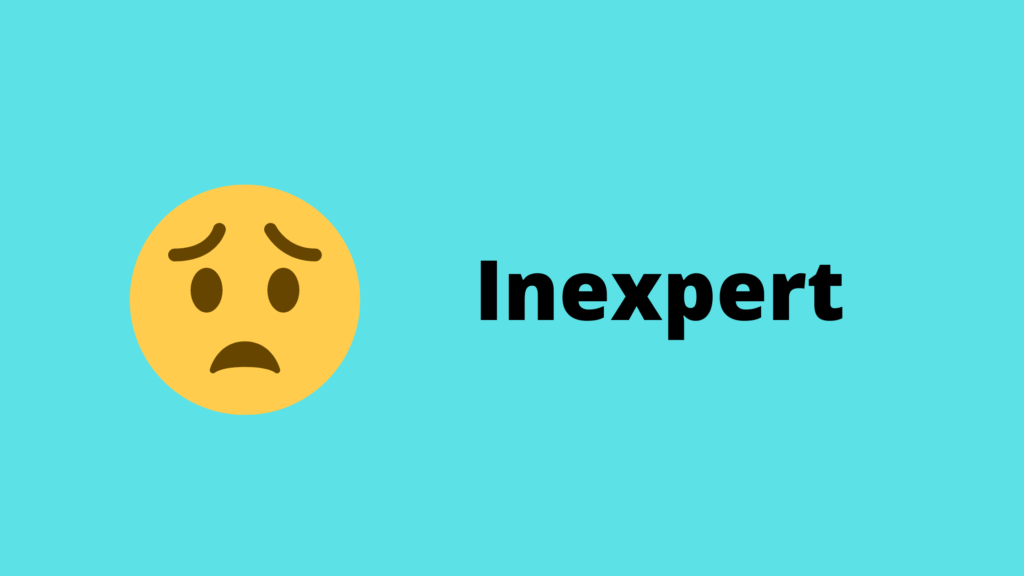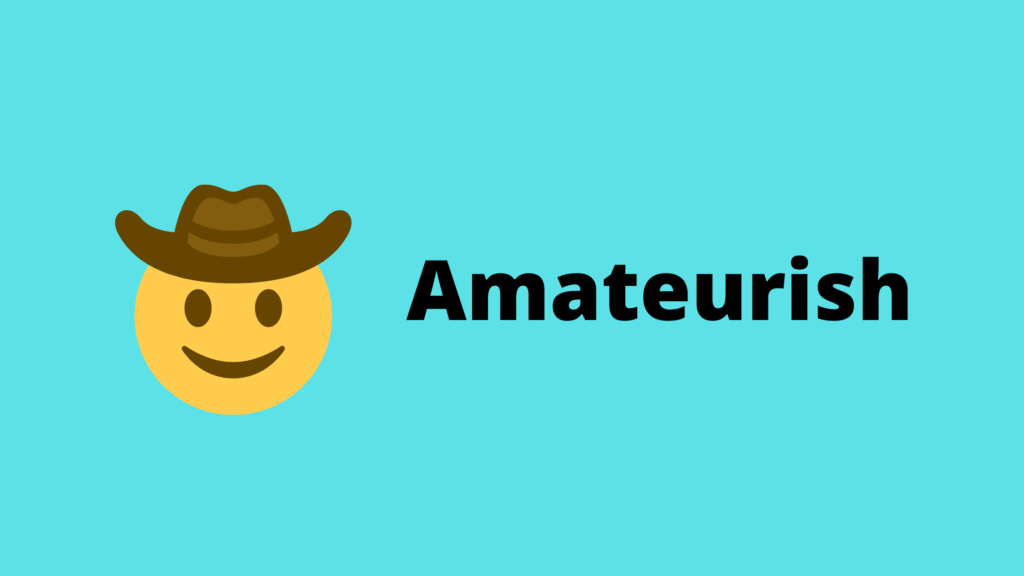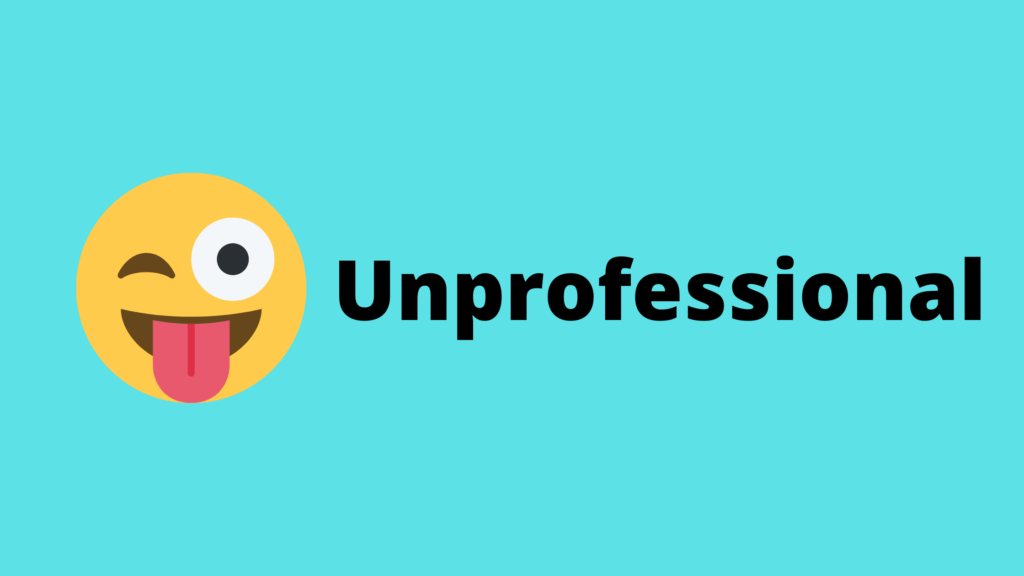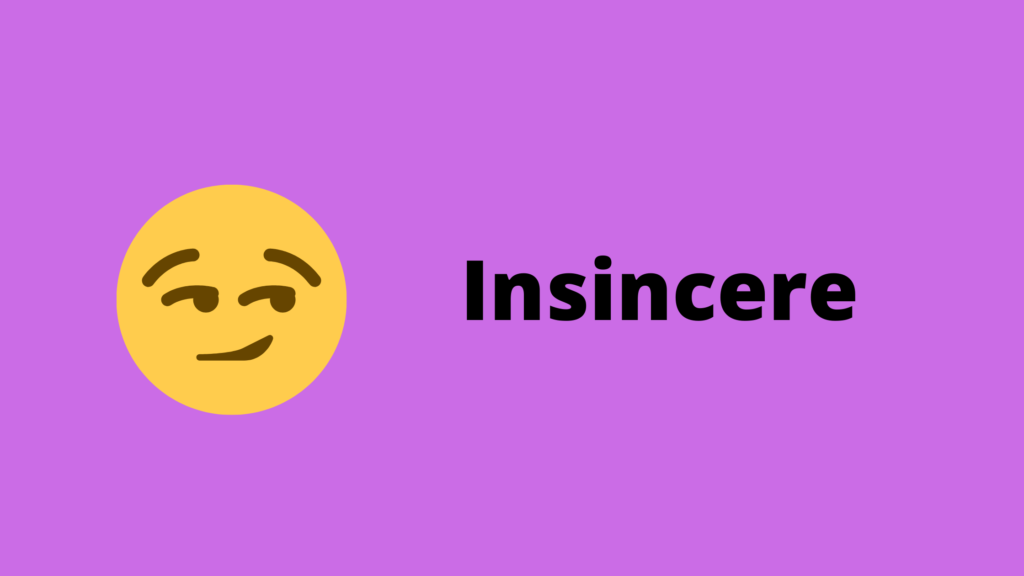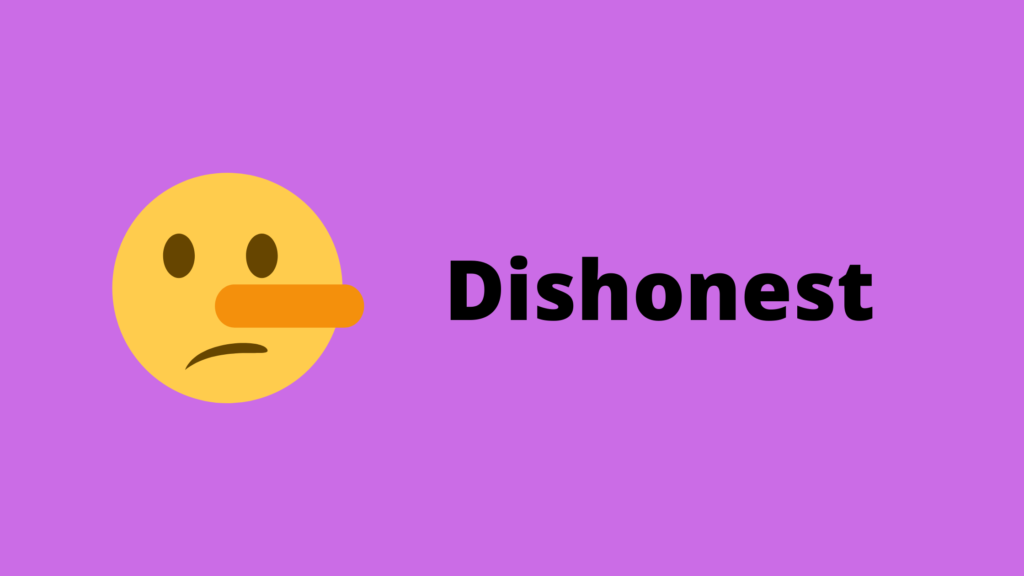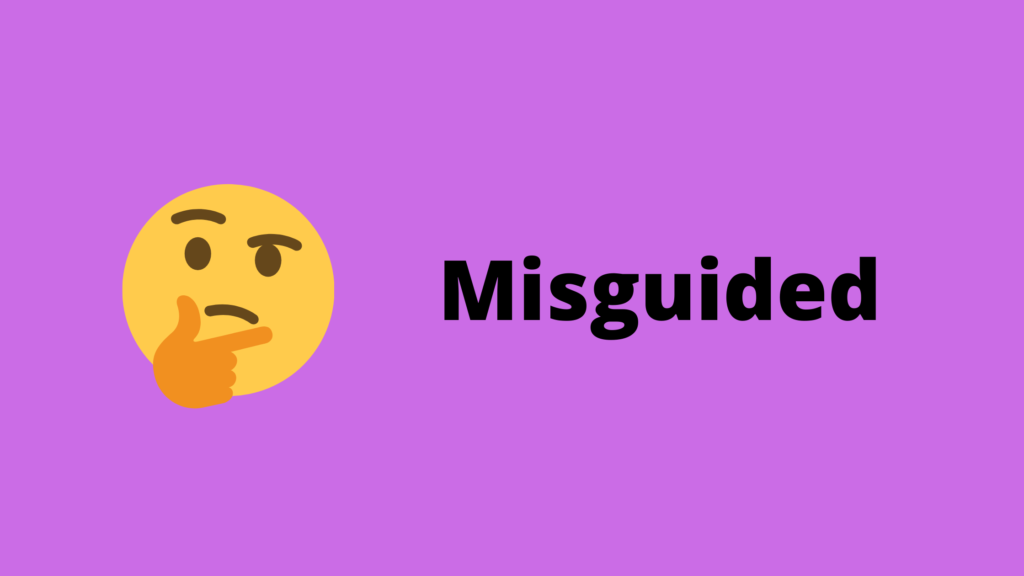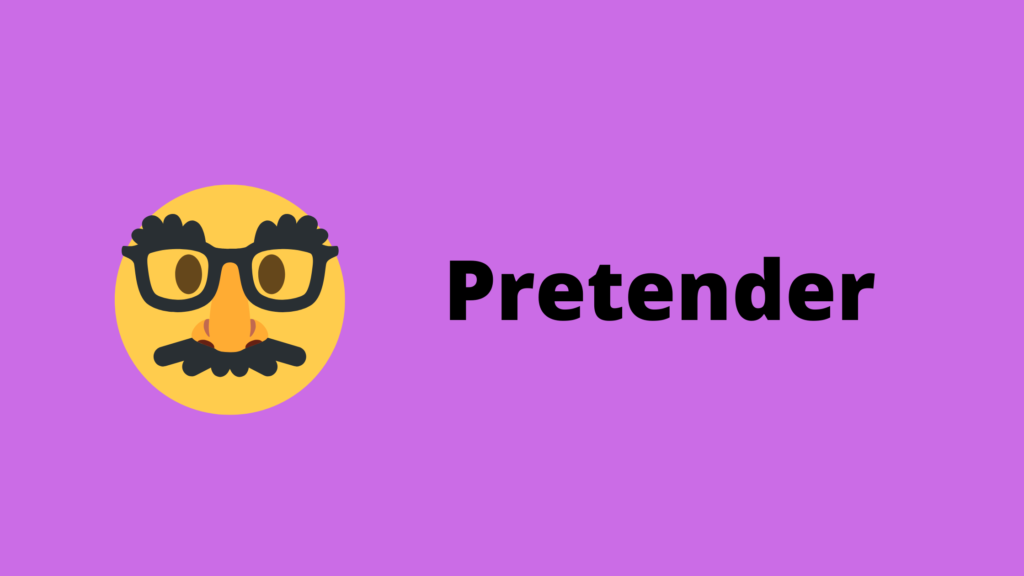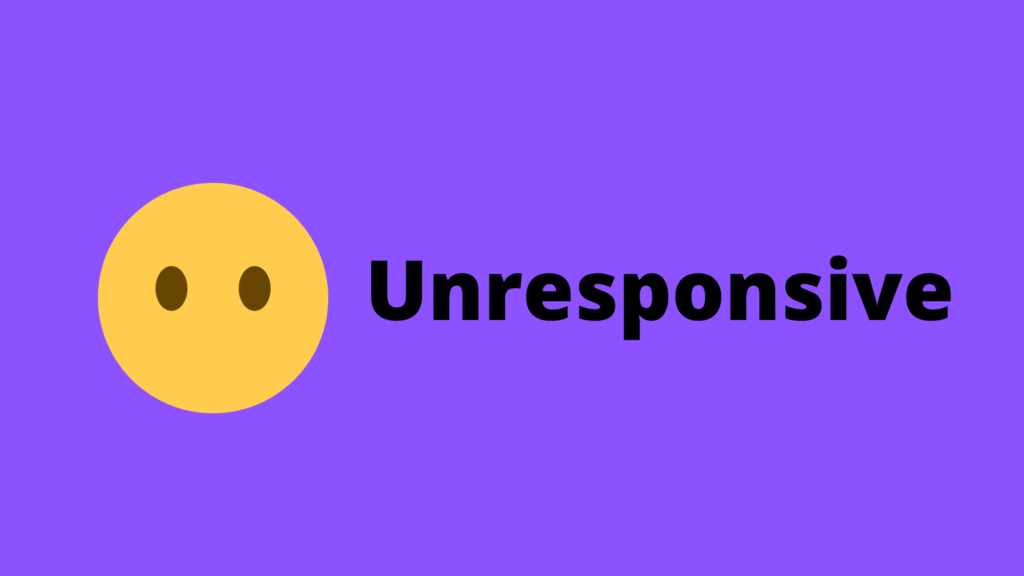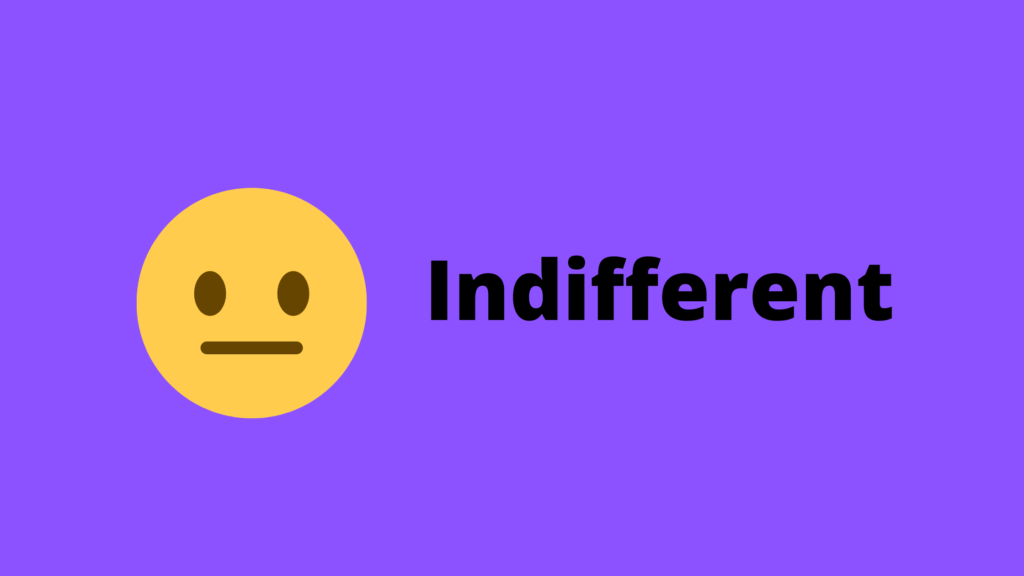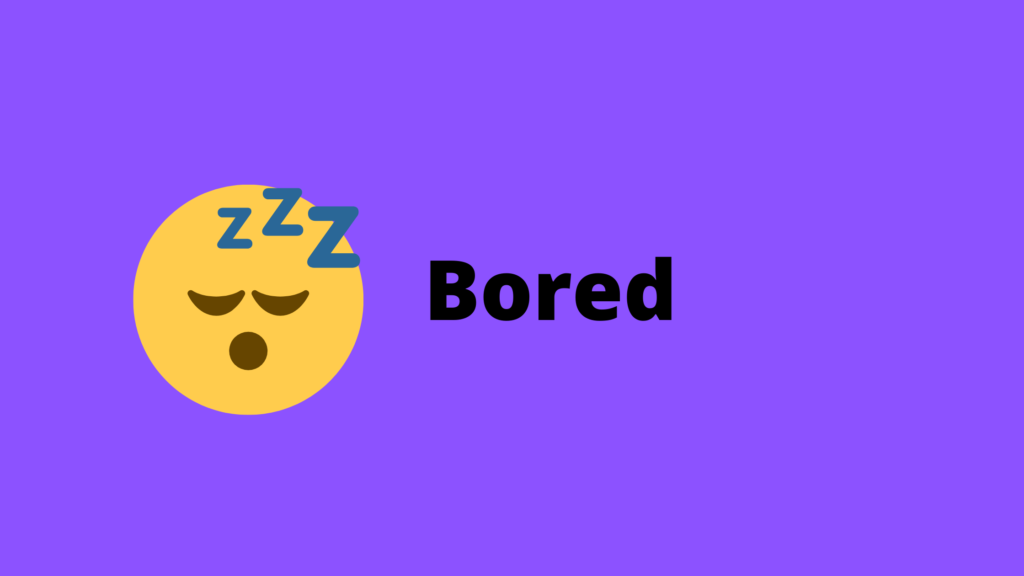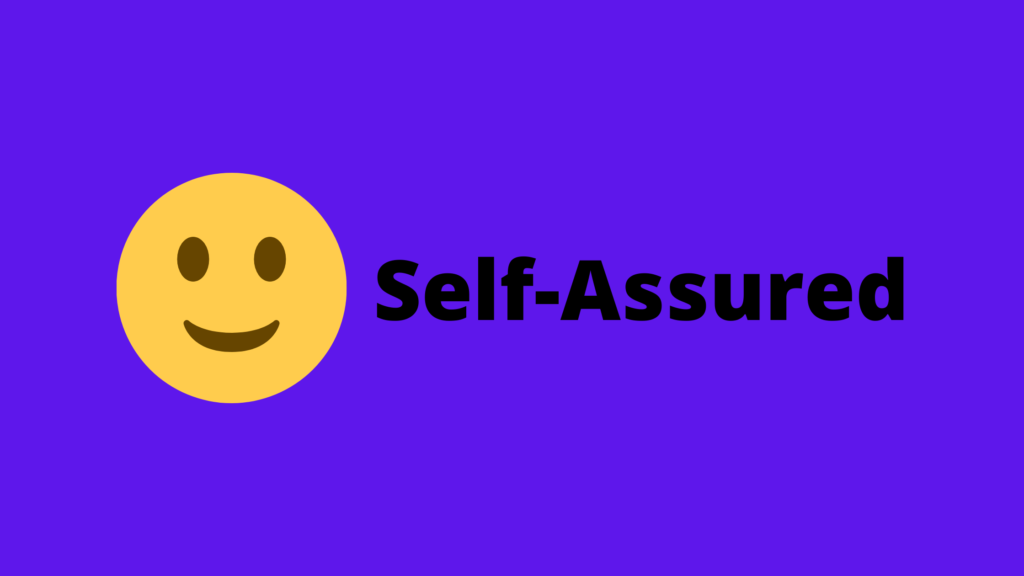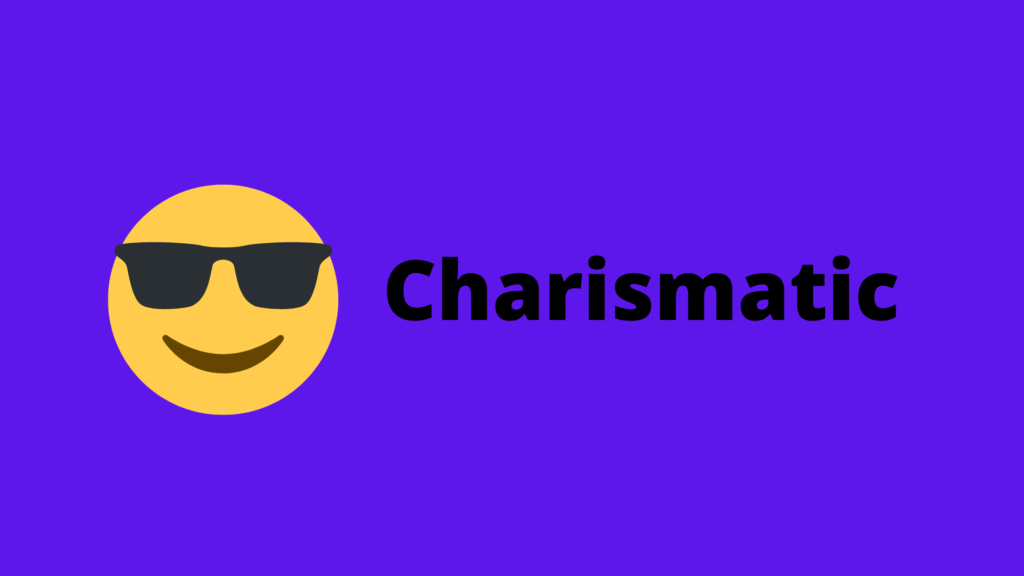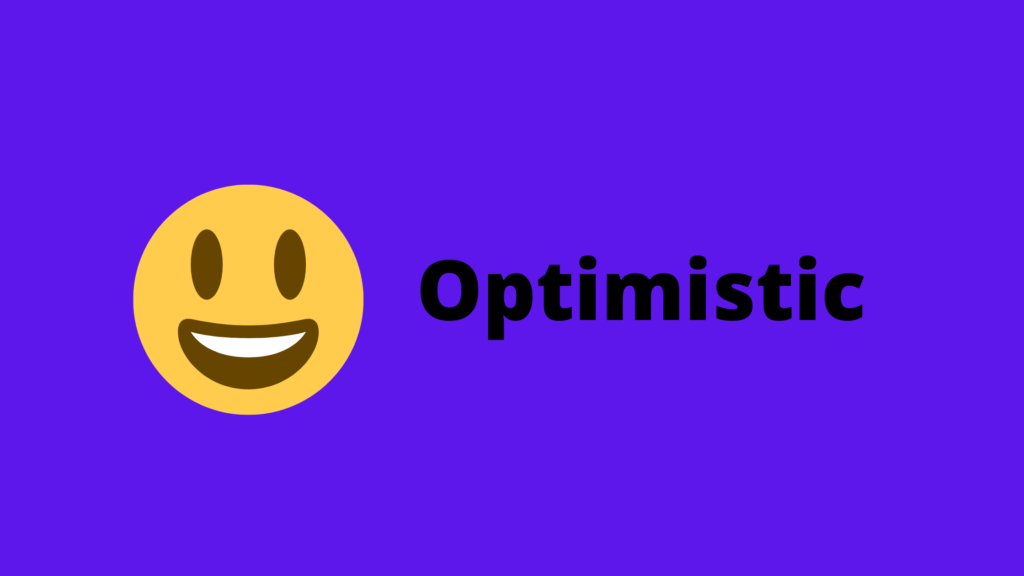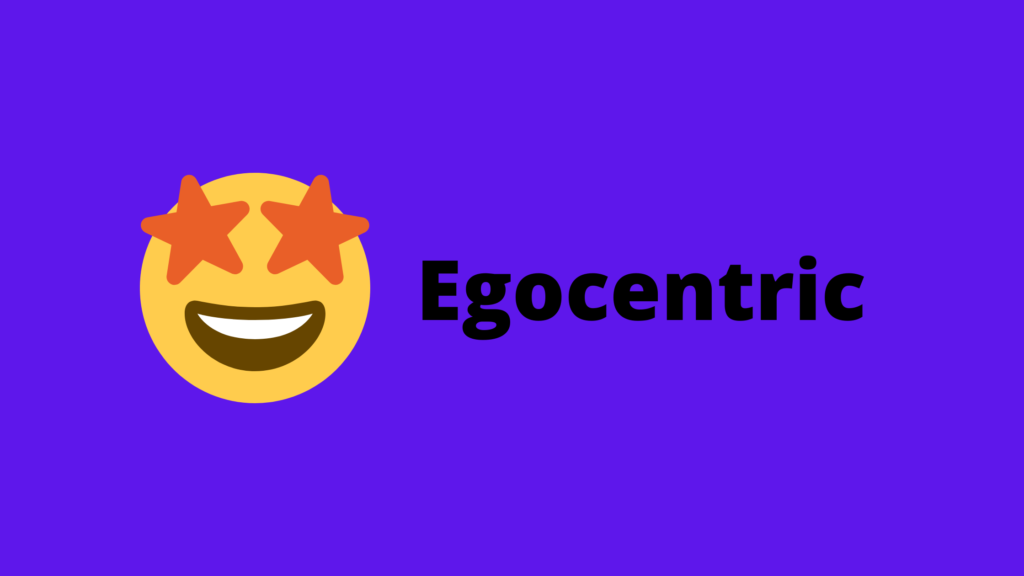Jobs are notoriously difficult. Research shows, how on average, it takes at least 2-3 interviews to be given a job offer. And how just under half of employers won’t offer a position to an interviewee who lacks job interview confidence. The key then, to a successful job interview, is to identify during the recruitment process itself if you are juts about to fail the job interview and to quickly change tack.
Knowing the 3 indicators that highlight the possibility of a potential failed job interview can help job applicants reassess their interview identity to help increase job offers.
Signs of a bad job interview
Anticipation, nervousness, and being the center of attention affect a job candidates interview performance. A highly experiences, skill, and qualified career professional, one who is highly thought off in their current role, can been viewed negatively if their interview answers lack substance and are communicated without confidence.
The first sign that an employer isn’t impressed is by the lack of follow up interview questions.
Employers, in the main, utilise the structured job interview approach. In a structured job interview, the interview panel ask a number of behavioural and situational job interview questions.
Each job applicant is asked the same questions, in the same order, and each interview answered is scored against a set criteria. Each member of the interview panel will have a list of interview questions, and example answers for each of the scoring criteria, which, on average, is a 1-4 scoring system.
Under each job interview question is a further list of follow up questions. Employers know that most people will be nervous during the job interview, and their initial response to the question may lack detail, be off point due to the question being misunderstood, or the employer will intuitive know that there is ‘more’ to be uncovered.
If a sought after applicant gives a weak interview answer, members of the interview panel will ask an additional follow question, or more clarity, or for a specific piece of information that relates to the scoring criteria.
As an example, if the interview question relates to time management and the interview answer is focused on using calendar reminders, to-do list, planning out work in advance, but the employer is more interested in how the potential employee decides on the priority of a task, the interviewer may asked a follow up question for this specific element of time management.
The asking of additional, and specific, questions can be the difference between an interviewee gaining a three or four scoring on the interview scorecard.
The first indicator that the interview isn’t going well is the lack of follow up interview questions.
This is especially true for job applicants who know they have given a weak answer, or if an interview example was short in duration (and lacking detail), or when the same ‘example’ has been used multiple times.
At a subconscious level, an employer who initially likes an applicant, due to the halo effect, will want that interviewee to do well. A naturally occurrence of willing someone to give high-scoring interview answers, is giving a helping-hand, by asking an additional question that allows the presumed suitable applicant to divulge more information.
On the other hand, an applicant who is viewed as not a good fit will have the opposite effect on the members of the interview panel. In short, the interviewers won’t want to waste their time on prolonging an interview that they believe isn’t going to have a positive outcome.
Subconsciously, wanting the interview to end quickly, stops the asking of additional information. If an applicant senses the lack of supportive questions, they need to start giving more detailed answers using a powerful interview formula that results in high-scoring interview answers.
The second sign of bad job interview is the interviewer not taking notes
As mentioned, during a structured job interview each member of the interview panel will possess an interview scorecard, which has a list of job interview questions and the scoring criteria. Under each question is a space for the interviewers to make notes – the recording of the candidates answers.
The idea is that at the interview end, the recruiters can cross reference their notes, what the applicant has discussed, against the job interview criteria, before allocating an interview score.
When an interviewee is giving a relevant and detailed answer, the employer will often make notes verbatim, attempting to catch as much information as possible, so they can accurately score the candidate at the interview end.
Often when a job candidate gives constant weak answers the employer will write far less information. Or in some cases they wont record any of the information at all. In some cases, if the interview answer is off point, a panel member may ask a follow up question, but again if the answer doesn’t result in the employer scribbling on their forms, its possible the answer hasn’t hit the mark.
It is hard to remember exactly what a person has said, which is why employers make notes. After a full day of interviewing, it is difficult to remember which applicant gave which example. This is why note taking, or the lack of recording interview answers, has a powerful impact on who the advertised job is offered to.
A good sign the job interview is going well is when the employer states: “sorry, I will juts be a few more seconds writing down what you have just said”
The third indicator that you wont be offered the job role is the employer reluctance to discuss the job role
The goal of a job interview, from the employers perspective, is to predict the job performance of the job candidates. A secondary goal, is to promote the benefits of working at the organisation to successfully recruit first-choice applicants.
To ensure a job offer results in a job hire, employers throughout the job interview will highlight benefits of the organisation, including the company culture, available training, leadership styles, their vision and vales, all to create an overall positive package that would be hard to refused.
Employers do this in two ways. The first is at the interview start, when the employer will outline the job role and company, and why the position is currently available. In this section the interviewer will, often, discuss the long term objective of the organisation, where they sit in terms of competitors, and future goals. They create a carrot for the applicant to chase.
Secondly, the interview panel will ‘sell’ the company in an unplanned way. As an example, if a first-choice applicant is talking about their passion for learning and development, and how they always look for roles that can help them grow. An employer, who is feeling positive about the interviewee will sell a benefit of the company: “In our team we have a learning and development budget that all employees can access to purchase relevant training, including recognised qualifications”
Selling is an effort, and what is often the case is that people only make an effort if they truly want something. In the interview scenario, if the employer doesn’t believe the job applicant will be a good fit, they wont make an effort to promote the benefits of working within their team or for their organisation without being promoted or asked by the interviewee.

The 3 signs of a failed job interview
The 3 indicators that the interview wont result in a job offer are, a lack up additional questions to gain more scoring related criteria, a absence of note taking, and little communication around what makes their company great to work for.

Five additional signs that the job interview isn’t going well
- The employers look at each other with a confused impression after an answer
- A lack of smiling and positive body language during the interview
- A much shorter than expected interview process
- The interview panel didn’t ‘sell’ the company to the applicant
- The interview seem rushed and the interviewers seemed distracted
Get interview ready by taking the interview prediction grid test















